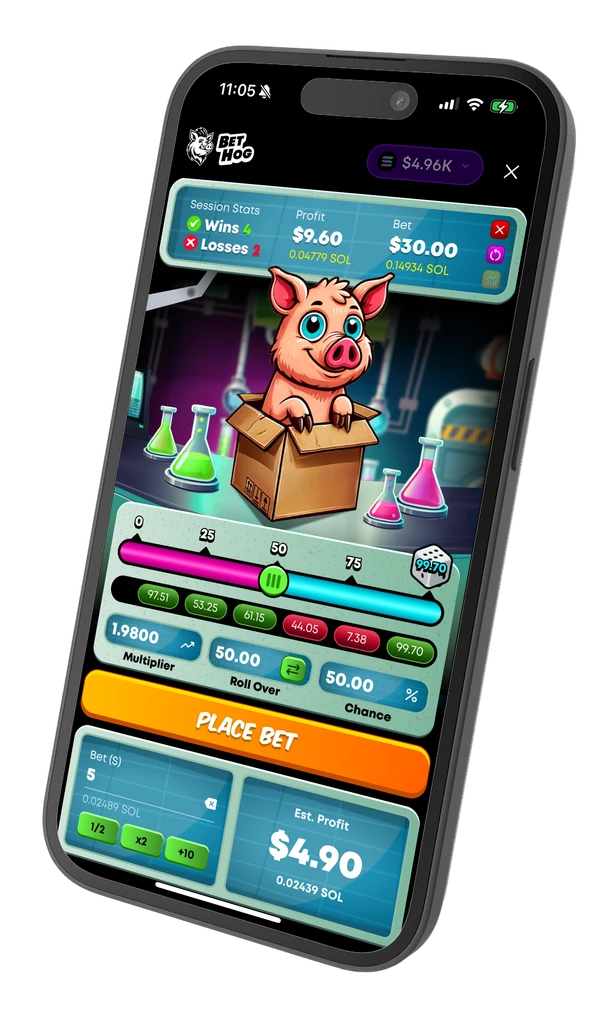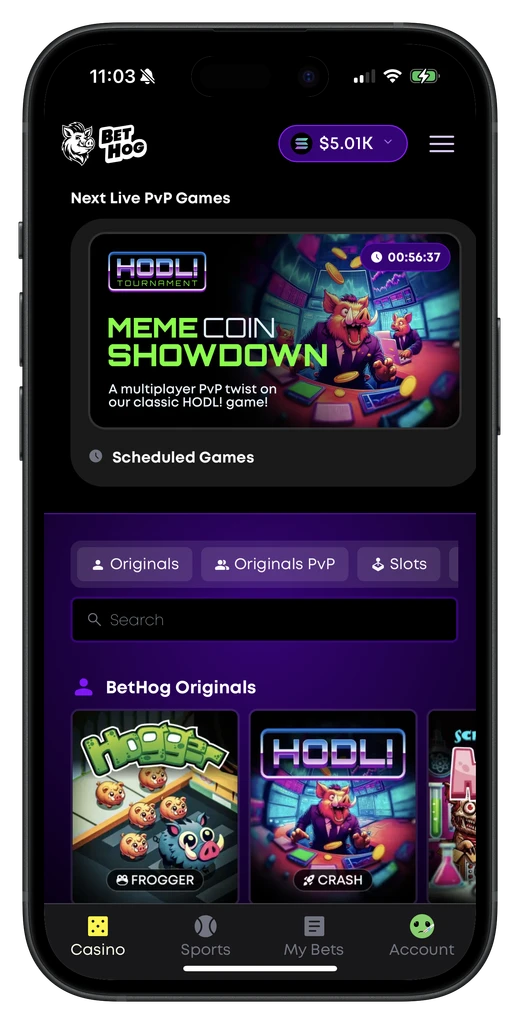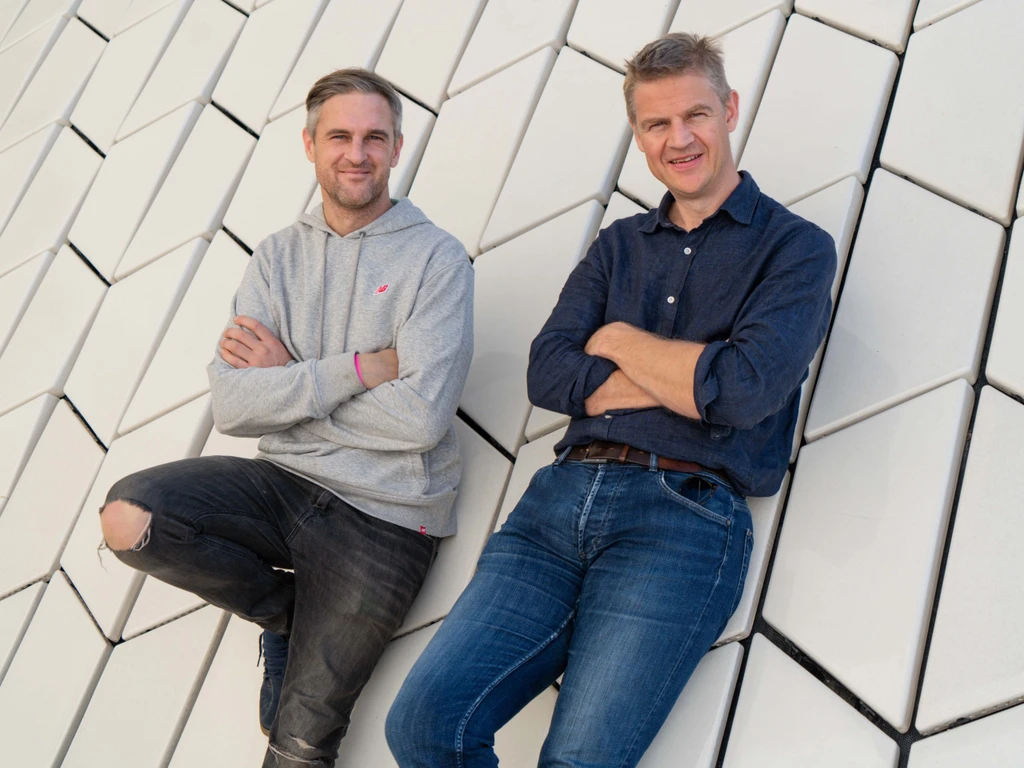If you’ve heard of Nigel Eccles, then you know he’s one of the founders of FanDuel.
You’re welcome.
A serial entrepreneur with a list of startups – in gambling and music – Eccles is clearly a diligent, hard-working, self-motivated success story.
But here’s what you maybe don’t know. Nigel Eccles love dinos, military operations, ancient history, his dogs and his family.
He also likes to run, mostly for the mental break it gives him – because “building start-ups is pretty stressful” – though he has done a couple of marathons.
He also thew himself a 50th birthday with a 1920s theme, complete with games and magic. Think flapper dresses, gin Rickeys and levitation.
So, he also likes… fun.
How could he not? After all, this is a man who leveraged daily fantasy leagues and ultimately digital sports betting to build a fortune. He spent nine years building and innovating at FanDuel, before selling it a 58.7% stake to Flutter in 2018 for $589 million. In 2020, Flutter upped its stake in FanDuel to 95% and paid an additional $4.175 billion, according to Forbes.
Since the 2018 sale, he’s tried his hand at a music startup, a sports group chat platform, fantasy sports platform Draftea in Mexico, and the decentralised sports betting protocol BetDex.
And now here we are.
Pigs.
End game is innovation
Eccles laughs out loud when he talks about his newest venture, BetHog. The crypto casino isn’t legal in the UK or the US, but for the moment, that matters not. Because Eccles isn’t trying to make a quick buck. Just like with his foray into the sports betting world, he’s trying to build an innovative, game-changing product.
With pigs.
“We love gambling and we think it’s very fun and social offline,” Eccles said of himself and BetHog partners Rob Jones and Ryan Anderson. “But online, it isn’t. So, we said, ‘Let’s build a brand that accentuates the fun.’”
Enter the pigs.
BetHog debuted in 13 November 2024 in markets around the world from Canada (not Ontario) to New Zealand, Ireland to Asia, Latin America to Africa. It has six original titles, and a crazy pig as the main character.
BetHog raised $6 million in seed funding. The main investor is 6th Man Ventures (6MV) with contributions from angel investors Chris Grove and Josh Hannah, Advancit Capital, Bullpen Capital, Karatage and Will Ventures.
Bacon, ham and hot dogs
So, about the pigs.
BetHog has six original games, including Hogger and Hodl!. The company’s main character is The Hog, an upright cartoon pig complete with tusks and stylish wardrobe. In the Bring Home That Bacon posts, The Hog is wearing a purple sports jacket and tie, and has slicked-back purple hair. In another post, The Hog is casually dressed in a white button-down and mirrored sunglasses. In yet another, The Hog is wearing a chef’s hat and apron and is wielding a spatula while cooking… yep, bacon.
Fun, right?
The company’s X account features The Hog posts, game updates, tournament announcements and top-line sports posts. For example, on 8 December, the top post was of the first 12-team College Football Playoff bracket released in the US that day. Scattered throughout the timeline are American football posts.

There are also some videos of Hogger and Hodl!, both featuring a streamer (a person playing the game while also interacting with others watching or playing). Eccles is also in the videos, and he and the streamer are whupping and shouting as the streamer directs The Hog to cross the street in Hogger (and yes, it’s a play on the popular game Frogger).
As The Hog makes his way across the street, tiny piglets – other players who have bet on whether The Hog will make it – follow. Unfortunately, The Hog and some of the piglets don’t make it, after being “squished” by a bus. When that happens, hot dogs and bacon and ham litter the street.
Hodl! is a little less graphic and silly. But there is still much chuckling and chortling. It is a crash game built around the volatility of trading-meme coins. It is available in a traditional format and player vs. player. Other titles are Thermonuclear Boars, in which players uncover rewards while dodging mines; Liar’s Dice, a bluffing, player vs. player game; and Schrodinger’s Hog, a prediction dice game.
BetHog is built on the blockchain platform Solana, and the SOL is the main supporting token for player vs. player games. BetHog also accepts Bitcoin, Ethereum and USDT.
Let’s spice up the industry
Pigs aside, when Eccles and his partners surveyed the gambling landscape, they were… uninspired.
“We thought a lot of the games were really dumb and boring,” he said.
They also thought it was interesting – or maybe astounding – that three decades after the first online casinos debuted in Antigua and Barbuda, the games being played haven’t changed, even though how digital casinos recruit customers has.
And to date, no company has really figured out how to make online gambling the raucous, chummy, often emotionally charged social scene it is in person.
“One of the things that has become really popular in social casinos is streaming, but the games haven’t really changed,” Eccles said. “We thought that was kind of weird… what if we think of streamers as customers, how would that change games?
“We wanted to have a brand that makes people smile. The social part of it is something that people have thought a lot about, but we don’t think anyone has really captured that.”
That is the first part of the idea. The second is the focus on cryptocurrency. Not a legal way to fund accounts in the UK or most US states, the digital currency has found utility in many business spaces. It is a decentralised currency built on blockchain. Cryptocurrency is owned by the consumer as opposed to by a government or bank.
Eccles said he and his partners had experience with crypto through another startup, and that the currency removes much of the friction operators struggle with when using more traditional funding methods. And it allows players to use their accounts virtually anywhere crypto is accepted without reregistering or funding an account.
Crypto users, gamblers both embrace risk
The marriage of gambling and crypto is, Eccles said, kind of a no-brainer.
Serge Kassardjian and Mike Dudas of 6MV, a crypto investment company, agree. Kassardjian calls BetHog a “generational opportunity” that he and Dudas had been waiting for.
“Crypto users have an appetite for risk, and so do gamblers,” Kassardjian says. “When we looked at BetHog, Nigel is kind of the preeminent leader. When he was at FanDuel, he created fantasy and sports betting, then he created mobile – a whole new way to bet.”
Kassardjian and Eccles crossed paths when Kassardjian was working at Google and Eccles was at FanDuel. “The product was so differentiated and innovative,” Kassardjian says of FanDuel. He has described Eccles as “an incredible leader, a visionary.”
Combine Eccles’ history for innovation and the desire to create a crypto gambling product, and it was a fairly easy decision for Kassardjian and Dudas to invest. The pitch included videos of BetHog games as well as a demo.
Grove is another investor whose experience with Eccles goes back to his FanDuel days.
“I’ve always found him to be thoughtful and a generous guy,” Grove says. “I also think he has a good blend of an urge to innovate and practical experience in the gambling industry. As an investor, I often see founders with too much of one or the other.”
Eccles agrees. That’s why, for now, anyway, BetHog isn’t pushing to gain customers who are new to crypto. The platform features non-traditional games and non-traditional currency. Or, put another way, everything about BetHog is cutting edge. Trying to market to customers who are new to crypto would, in Eccles’ opinion, be too disconcerting.
“I think today all of our players are already in crypto, so we don’t really worry about that much,” Eccles said. “So our original titles are really the thing that is new. Otherwise, if you are bringing too many things, it just confuses the player.”
That said, Grove thinks the “next generation of online gamblers is interested in a fundamentally different game set.” And he believes that part of what could differentiate future innovation is crypto.
“What I see in crypto is as much about culture as it is about utility,” he says. “Maybe even more so. Building a brand and a platform that resonates with crypto users offers a way to tap into that culture and community.”
Who is the crypto casino customer?
It’s a community that Eccles thinks will be massive, but that he is admittedly still learning about. It’s clear that those who use crypto and are into gambling are risk takers. Just like gamblers. But what’s not clear is their gender or age or location. Eccles said “crypto skews very heavily male and casino skews more female, so we don’t really know if our customers are male or female.”
At the time of writing, BetHog had only been live for a month, so the company was early in the process of collecting data. The idea was to “swing the doors open and wait for people to show up.”

Learning who BetHog will serve will, of course, be part of the adventure.
In the meantime, Eccles and his partners are comfortable in the idea that crypto is the next big thing, so their job is to craft more fun, exciting, out-of-the-box games. The goal is to have a dozen original titles by this time next year.
“I think that in five years, there won’t be ‘crypto’ casinos, because everyone betting online will be using crypto,” Eccles said.
Another part – much further down the road – will be figuring out how to get into the UK and US. It’s not an immediate priority, but Eccles said that he thought it would be “weird” if crypto casino innovation happens completely outside of the UK and US, both of which have been on the forefront of online casino and wagering evolution.
When the time comes, bringing BetHog to two of the inventive and expansive gambling markets in the world will be about education and engaging with regulators. But for now, BetHog will focus building the brand and the product.
Building a community
Circling back to the pigs, what differentiates BetHog from a traditional online casino game isn’t just the crazy graphics and silliness. It’s the ability to participate. BetHog players can join the fun, and there are also player vs. player options.
With Flick, which combined betting and streaming, Eccles and his partners discovered “the power of social”. They came to understand that the transition from spectator to participant makes a player “very sticky”. With Flick, the struggle was to figure out “the core piece of content”.
So, pigs.
“Our twist is that you can bet on the streamer,” Eccles says. That’s a game changer because in Hogger “the streamer suddenly has all of this pressure when people are following him.”
In the Hodl! game, players can be even more actively involved, and can play against each other in a tournament. Eccles says they’re already witnessing player behaviour that indicates not just definitive player engagement, but also a change in tactics as the game goes on.
“People play more aggressively if they are losing, they take more risks,” Eccles says. “And they play more conservatively if they are winning.”
Those reactions mirror human nature. Think about what drives an American football coach to decide to go for it on fourth-and-1 or for an investor to double down on a position or cash out.
All of these things involve risk – and risk management. At the heart of crypto and casino is a taste for risk. For BetHog’s founders, there also has to be some fun.
And pigs. Oink!

Original article: https://igamingbusiness.com/crypto-gambling/bethog-founder-nigel-eccles-pigging-out/













